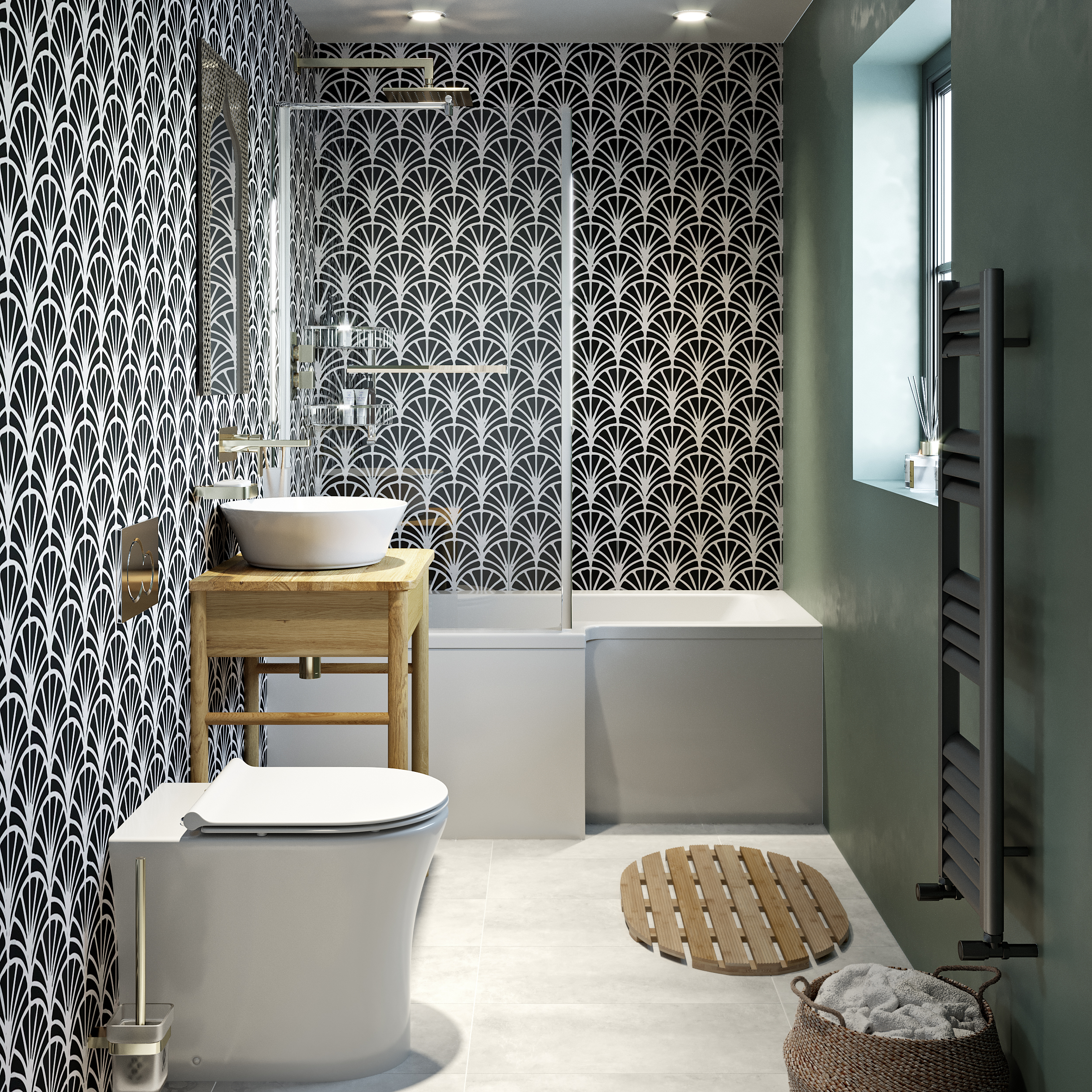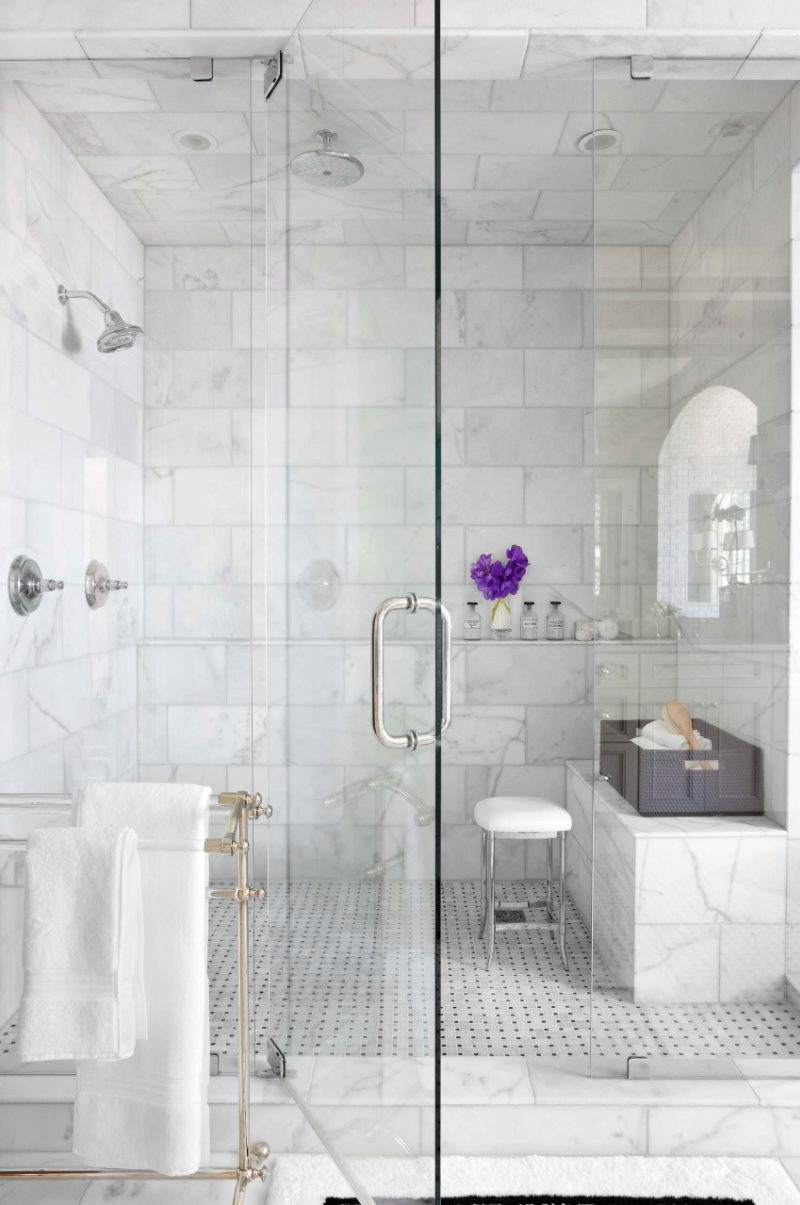Bedroom Lighting for a Great Night’s Sleep
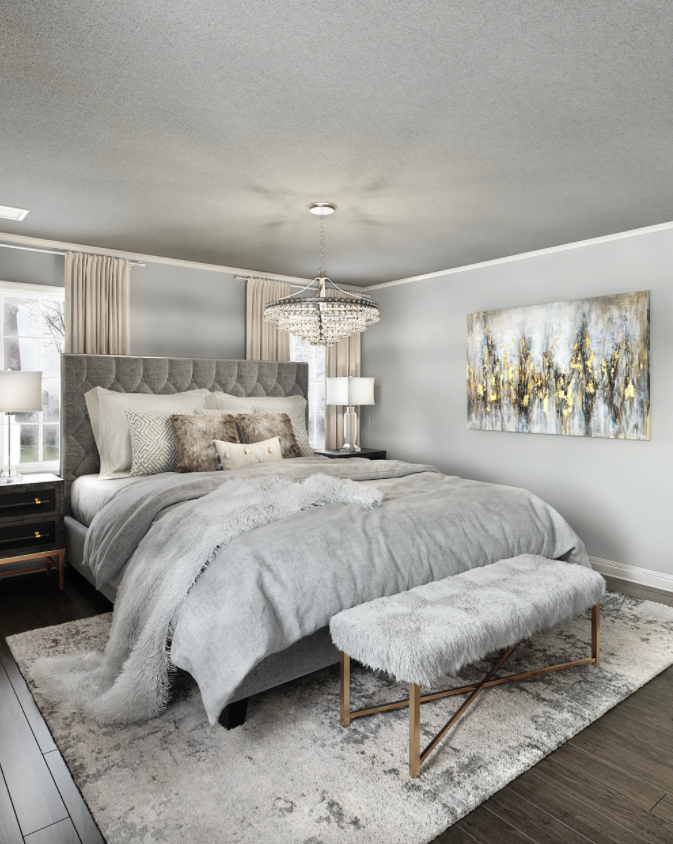
Believe it or not, but bedroom lighting can make a huge difference to how you sleep at night!

Photos By: Unsplash
We can presumably agree that good sleep is essential to a quality life. However, when you’ve only gotten a few hours of shuteye due to a poor environment, you likely notice the lingering effects of fatigue and irritability the next day. According to Dr. Loy Anderson, a board-certified physician, and functional medicine specialist, “light is one of the biggest factors affecting our sleep cycles/circadian rhythm.”
Self-care is critical for our wellbeing, and countless gadgets promise better rest. From eye masks to compression socks to weighted blankets, you can find an expensive solution to just about any sleep issue, but you don’t have to spend a fortune to feel your best.
Better rest can have you working smarter, looking younger, reacting quicker, feeling happier, and behaving nicer. Of course, everyone is entitled to great sleep, and below, we discuss the ways you can make your bedroom lighting work better for you without breaking the bank.
Mindfully Placed Lighting
When you’re relaxing in bed and just about to drift off, the last thing you’ll want to do is get up to turn off the light. So make sure that before it’s time to wind down, you turn off any overhead lighting. When discussing this topic, Dr. Loy Anderson M.D., expert in functional medicine and a member of Sleep Advisor’s content review panel, says to “think about mimicking nature – bright natural light in the first half of the day, and, after sundown, think warm natural light, like candles and fireplaces.”
Keep a lamp within arm’s reach of your bed; this way, you won’t have to wake yourself up just to turn off the lights. For those sleeping in bedrooms too compact for a bedside table, wall-mounted lamps can be great for space-saving purposes and could be easier to switch off come bedtime. Avoid nightlights if you can; however, if you need a lit path to the bathroom for mid-night emergencies, try placing one in the hallway instead of your bedroom.
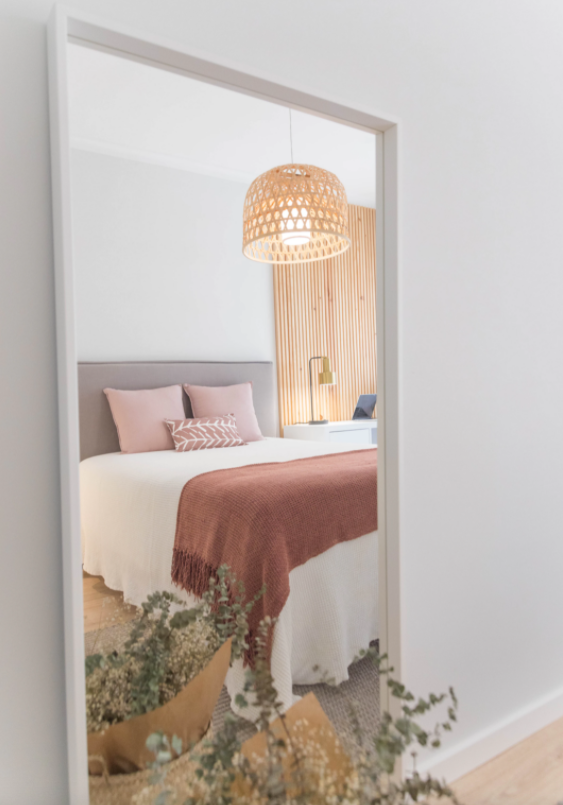
Invest in Better Bulbs
LED bulbs and CFBs (compact fluorescent bulbs) are famous for their energy efficiency, but they may not be great for sleep. Standard incandescent bulbs often provide a warmer hue better suited to bedrooms. Anything in the red light spectrum, even pale pink, should be more conducive to sleep.
Use a Dimmer
Many of us are exposed to artificial lighting throughout the day. While this isn’t necessarily bad for you, untimely light exposure in the office, home, or school can harm your circadian rhythm. A dimly lit bedroom can help instill calm and facilitate better rest. For example, using a low or warm-hued lamp in your bedroom or living room when you’re winding down for the night could help you relax before jumping under the covers for the night.
Various devices explicitly made for this purpose are currently on the market. For example, some lightbulbs can be controlled by your phone and work on a timer, becoming dimmer and dimmer over a customized length of time. The idea is that by the time the light goes out, you should help you feel sleepy enough to drift effortlessly to dreamland.
Unplug at Bedtime
Technology is convenient, but it can also hinder performance when not used mindfully. For example, staring at a computer screen all day could be ruining your sleep health. Charging your phone in your bedroom, leaving your computer monitor running, or even reading a book on a tablet before bed may be contributing to sleepless nights. This is because the light emitted from cell phones, tablets, and computer monitors all emit blue light, which keeps you awake. Blue light suppresses melatonin levels in your body, the hormone that tells your body it’s time for bed.
Be sure to charge your phone in another room at night. Further, for those working from home, creating a clear separation between your work and sleep space should help foster better mental disconnection at the end of the day. We realize not everyone may have a spare room, but even something as simple as a partition or a retractable curtain could help.
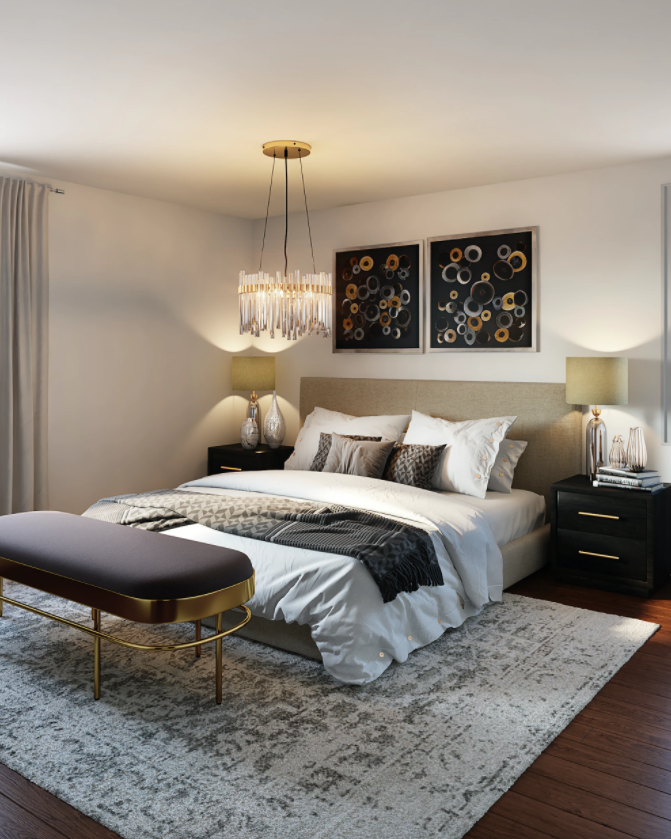
Extra Accessories for Better Rest
Earplugs
Sensitive sleepers often struggle with external noises. Earplugs can help, but we’re not talking about the squishy foam options that often become dislodged in the night. Spending a few more dollars on pliable silicone earplugs may be easier to insert— and keep in— and should help you sleep more soundly.
White Noise
Bedrooms that happen to be positioned near street noise or a busy highway might be more disruptive than you think. Putting on white noise could help drown out any unwelcome sounds letting you sleep peacefully.
Blackout Curtains
Natural light in the morning is excellent to help you wake up, but if it’s not pitch dark outside your window at night, blackout curtains could help you switch off when it’s time to hit the hay. Complete darkness, similar to a cave, is ideal for sound rest.


